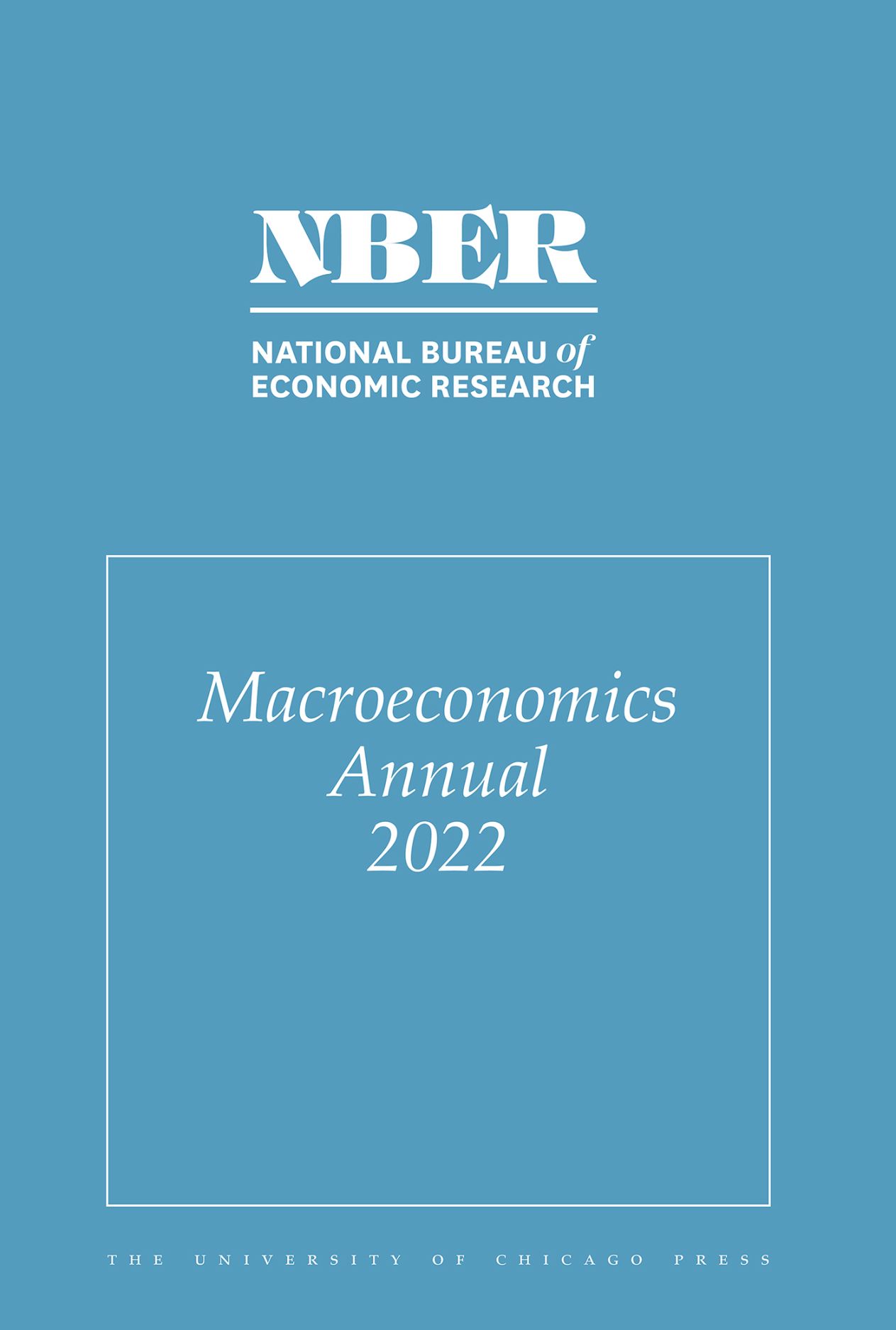Editorial
IF 10.7
1区 经济学
Q1 ECONOMICS
引用次数: 0
Abstract
The NBER’s 35th Annual Conference on Macroeconomics brought together leading scholars to present, discuss, and debate six research papers on central issues in contemporary macroeconomics. In addition, Jeremy Stein, former governor of the Federal Reserve, led a thoughtprovoking discussion on whether the financial system is safer now than it was prior to the Great Recession. Given the pandemic, the conference took place via Zoom. Video recordings of the presentations of the papers and the after-dinner talk are all accessible on the web page of the NBER AnnualConference onMacroeconomics. These videosmake auseful complement to this volumeandmake the content of the conferencemorewidely accessible. This conference volume contains edited versions of the six papers presented at the conference. With one exception, each paper is followed by two written discussions by leading scholars and a summary of the debates that followed each paper. In the exception, there is only one written discussion. In their paper “Imperfect Macroeconomic Expectations: Evidence and Theory,” George-Marios Angeletos, Zhen Huo, and Karthik Sastry tackle a central question in macroeconomics: How should we model people’s expectations? For many years the answer to this question was widely viewed among mainstream macroeconomists as a settled issue. The answer was that people have rational expectations and common knowledge about the state of the economy. That consensus shattered under theweight of a large literature testing rational expectations, based in part on survey-based data. But what should we replace our simple benchmark model of expectations with? The paper by Angeletos et al.编辑
美国国家经济研究局第35届宏观经济学年会汇集了顶尖学者,就当代宏观经济学的核心问题发表、讨论和辩论了六篇研究论文。此外,美联储(fed)前行长杰里米•斯坦(Jeremy Stein)就当前金融体系是否比大衰退(Great Recession)前更安全展开了一场发人深省的讨论。鉴于疫情,会议通过Zoom举行。在NBER宏观经济学年会的网页上,可以看到论文展示和餐后谈话的录像。这些视频是对本卷的有益补充,使会议的内容更容易获得。本会议卷载有在会议上发表的六篇论文的编辑版本。除了一个例外,每篇论文之后都有两篇由主要学者撰写的书面讨论,以及每篇论文之后的辩论摘要。在例外情况下,只有一次书面讨论。在他们的论文《不完美的宏观经济预期:证据与理论》中,乔治-马里奥斯·安格莱托斯、霍真和卡蒂克·萨斯特里解决了宏观经济学中的一个核心问题:我们应该如何为人们的预期建模?多年来,主流宏观经济学家普遍认为这个问题的答案是一个已解决的问题。答案是,人们对经济状况有理性预期和常识。在检验理性预期的大量文献(部分基于调查数据)的重压下,这种共识被打破了。但是,我们应该用什么来取代我们简单的期望基准模型呢?Angeletos等人的论文。
本文章由计算机程序翻译,如有差异,请以英文原文为准。
求助全文
约1分钟内获得全文
求助全文
来源期刊

Nber Macroeconomics Annual
ECONOMICS-
CiteScore
5.10
自引率
0.00%
发文量
23
期刊介绍:
The Nber Macroeconomics Annual provides a forum for important debates in contemporary macroeconomics and major developments in the theory of macroeconomic analysis and policy that include leading economists from a variety of fields.
 求助内容:
求助内容: 应助结果提醒方式:
应助结果提醒方式:


